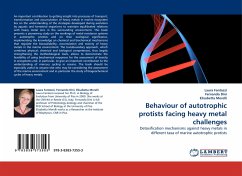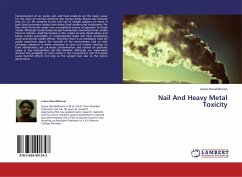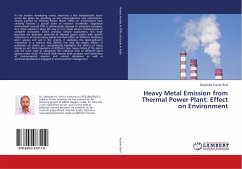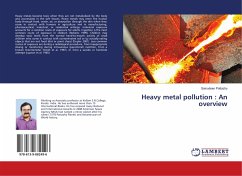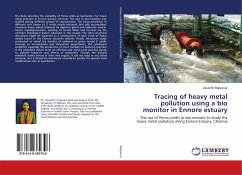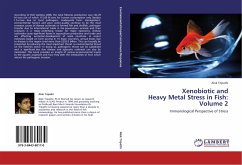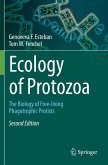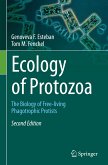An important contribution to getting insight into processes of transport, transformation and accumulation of heavy metals in marine ecosystem lies on the understanding of the strategies developed during evolution by aquatic and terrestrial organisms to maintain equilibrated relations with heavy metal ions in the surrounding environment. This book presents a pioneering study on the workings of metal resistance systems in autotrophic protists and on their ecological significance, implementing the knowledge on chemical and biochemical mechanisms that regulate the bioavailability, accumulation and toxicity of heavy metals in the marine environment. The transboundary approach, which combines physical, chemical and biological competences, thus largely strengthening the methodological tools, allows to demonstrate the feasibility of using biochemical responses for the assessment of toxicity in ecosystems and, in particular, to give an important contribution to the understanding of mercury cycling in oceans. The book should be especially useful to anyone else who may be considering the assessment of the marine environment and in particular the study of biogeochemical cycles of heavy metals.
Bitte wählen Sie Ihr Anliegen aus.
Rechnungen
Retourenschein anfordern
Bestellstatus
Storno

